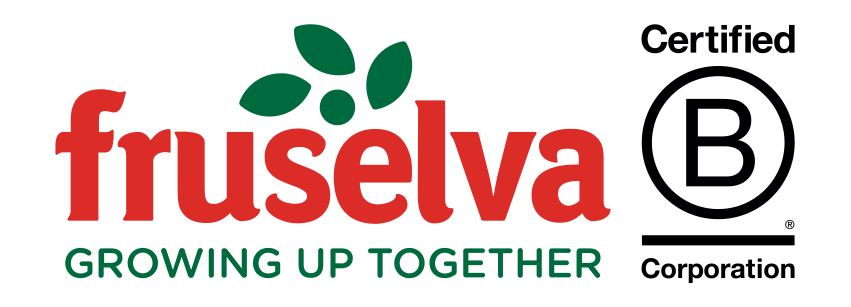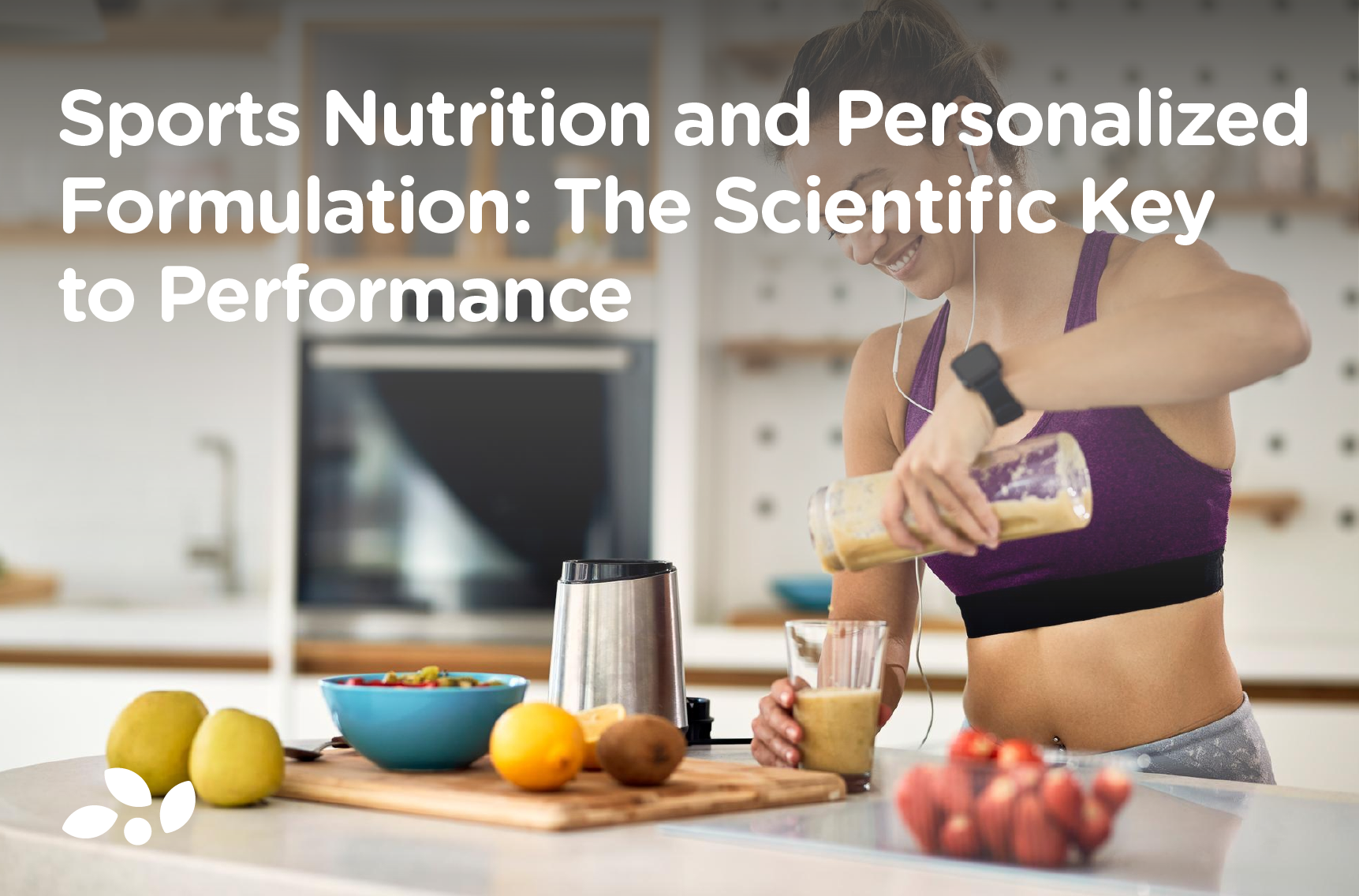Sports nutrition has become a strategic tool in enhancing physical performance, both in professional and amateur sports. Beyond simple supplementation, the current focus is on precise nutritional formulation, tailored to the physiological demands of each sport, functioning as a true ergogenic aid. In this context, the research work of companies like Fruselva is essential. In 2025, we have added new products to our catalog aimed at improving performance, recovery, and specific capabilities such as strength, endurance, flexibility, and coordination, all from a scientific and personalized approach.
Nutrition as the Foundation of Integrated Performance
Every athletic movement involves a series of metabolic processes that can be enhanced or limited by the athlete’s nutritional environment. The needs vary significantly between endurance, strength, agility, or coordination sports, which calls for targeted—not generic—nutrition. According to the International Society of Sports Nutrition, well-designed supplements can directly impact parameters such as maximal strength, post-exercise recovery, and prolonged endurance [1].
At Fruselva, we start with this premise: not all athletes need the same. That’s why we are committed to developing product formulations tailored to the physiological profile and goals of each discipline, combining key macronutrients (proteins, carbohydrates, functional lipids) with micronutrients, adaptogens, antioxidants, and bioactive compounds with a strong scientific foundation.
Targeted Nutritional Strategies by Sport Discipline
Endurance sports—such as cycling, running, and triathlon—require a strategy centered on sustained energy supply and rapid glycogen recovery. In these activities, carbohydrates of varying glycemic indexes combined with fast-absorbing proteins (like whey isolate) and essential minerals (sodium, magnesium, potassium) are crucial to maintain performance and accelerate recovery [2].
Conversely, strength and power sports—such as weightlifting, CrossFit, or rugby—demand higher availability of essential amino acids (especially leucine), creatine, zinc, and vitamin D, all of which are related to protein synthesis, muscle contraction, and hormonal metabolism [3].
In disciplines that require flexibility, coordination, and neuromuscular control—such as dance, artistic gymnastics, or yoga—the priorities shift. Structural compounds like hydrolyzed collagen, hyaluronic acid, and minerals like magnesium (essential for contraction and relaxation) become more relevant.
Team sports—such as football, basketball, or hockey—which combine strength, endurance, and coordination, benefit from hybrid formulations: products that provide sustained energy, controlled-release caffeine, electrolytes, slow-absorbing proteins, and B-complex vitamins that are vital for energy metabolism.
Performance Is Built Through Recovery
Performance is not just about training harder or better—it’s also about recovering smarter. In the 30 to 60 minutes following exercise, the body enters an “anabolic window” where it more effectively absorbs nutrients needed to repair, rebuild, and restore metabolic balance [4].
In 2025, Fruselva has developed a line of products specifically designed for this critical phase. These include hydrolyzed proteins combined with fast-acting carbohydrates, key minerals, and natural antioxidants like curcumin and pomegranate extract. We’ve also incorporated adaptogens such as reishi and cordyceps, immune system modulators supported by scientific evidence in conditions of oxidative stress and inflammation [5].
Ongoing Innovation: New Ergogenic Combinations
Scientific progress in sports nutrition continues at a rapid pace. At Fruselva, we are actively researching synergistic combinations of proteins, minerals, and vitamins that function as new natural ergogenic aids, with special attention to bioavailability, gut stability, and sustainable sourcing.
One of our main current research lines focuses on functional plant-based proteins (from peas, rice, lupin), enriched with limiting amino acids to match the profiles of animal proteins. These are combined with organic-form minerals (such as magnesium citrate, zinc gluconate) and liposoluble vitamins (D3, K2, E), delivered via advanced delivery systems such as liposomes or microencapsulation.
The aim is not only to improve absorption but also to ensure sustained release within the body, enhancing anabolic response, oxidative stress control, electrolyte balance, and neuromuscular function. In our collaborative research with universities and independent laboratories, we are seeing promising results in improving functional strength, VO2max, and motor coordination in athletes undergoing intensive training regimens.
2025: New Fruselva Products, Same Scientific Essence
Fruselva’s 2025 commercial catalog reflects our unwavering commitment to science and innovation. Our new products include:
- Performance-focused formulas for endurance sports, with progressive energy release, electrolytes, and adaptogens.
- Strength-enhancing supplements, combining buffered creatine, high-biological-value proteins, and hormone-regulating compounds.
- Rapid recovery solutions targeting the muscle-immune axis.
- Formulas for flexibility, mobility, and coordination, with collagen, magnesium, and neuroprotective extracts.
- And soon, functional vegan-sport product lines, focused on plant-based proteins with complete multivitamin support.
Conclusion
The era of one-size-fits-all sports nutrition is over. Today, optimal performance requires personalized scientific formulation and products that support athletes through every phase of their physical cycle: preparation, exertion, and recovery. At Fruselva, this vision translates into ongoing research, multidisciplinary collaboration, and the development of products backed by real science.
2025 brings not just new market solutions, but also the certainty that nutrition can and must evolve at the pace of sport. And on that path, Fruselva will continue to lead.
References
- Kerksick, C. M., et al. (2018). Nutrient timing. J Int Soc Sports Nutr, 15, 38.
- Thomas, D. T., et al. (2016). Position of the Academy of Nutrition and Dietetics: Nutrition and Athletic Performance. J Acad Nutr Diet, 116(3), 501–528.
- Jäger, R., et al. (2017). Protein and exercise. J Int Soc Sports Nutr, 14, 20.
- Tipton, K. D., & Wolfe, R. R. (2001). Exercise, protein metabolism, and muscle growth. Int J Sport Nutr Exerc Metab, 11(1), 109–132.
- Panossian, A., & Wikman, G. (2010). Adaptogens and central nervous system effects. Pharmaceuticals, 3(1), 188–224.



